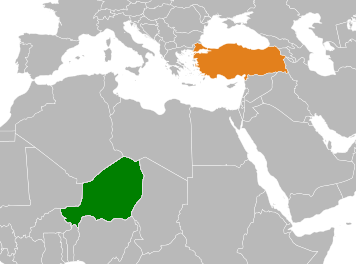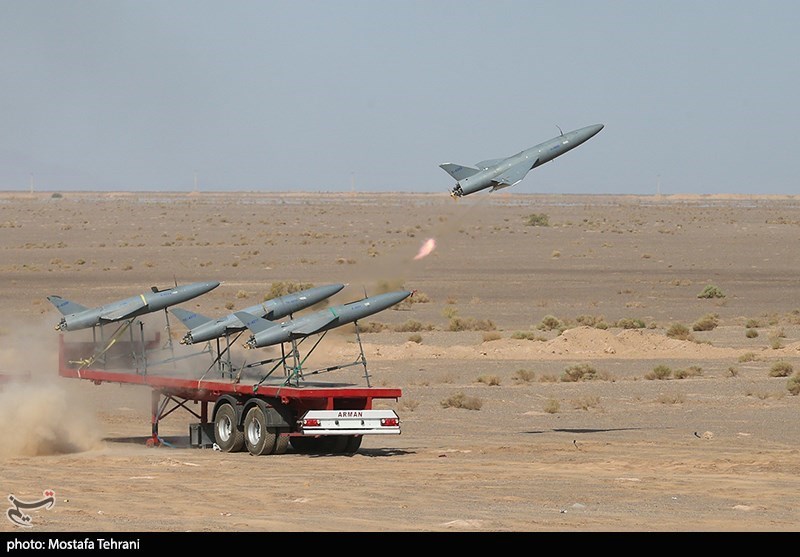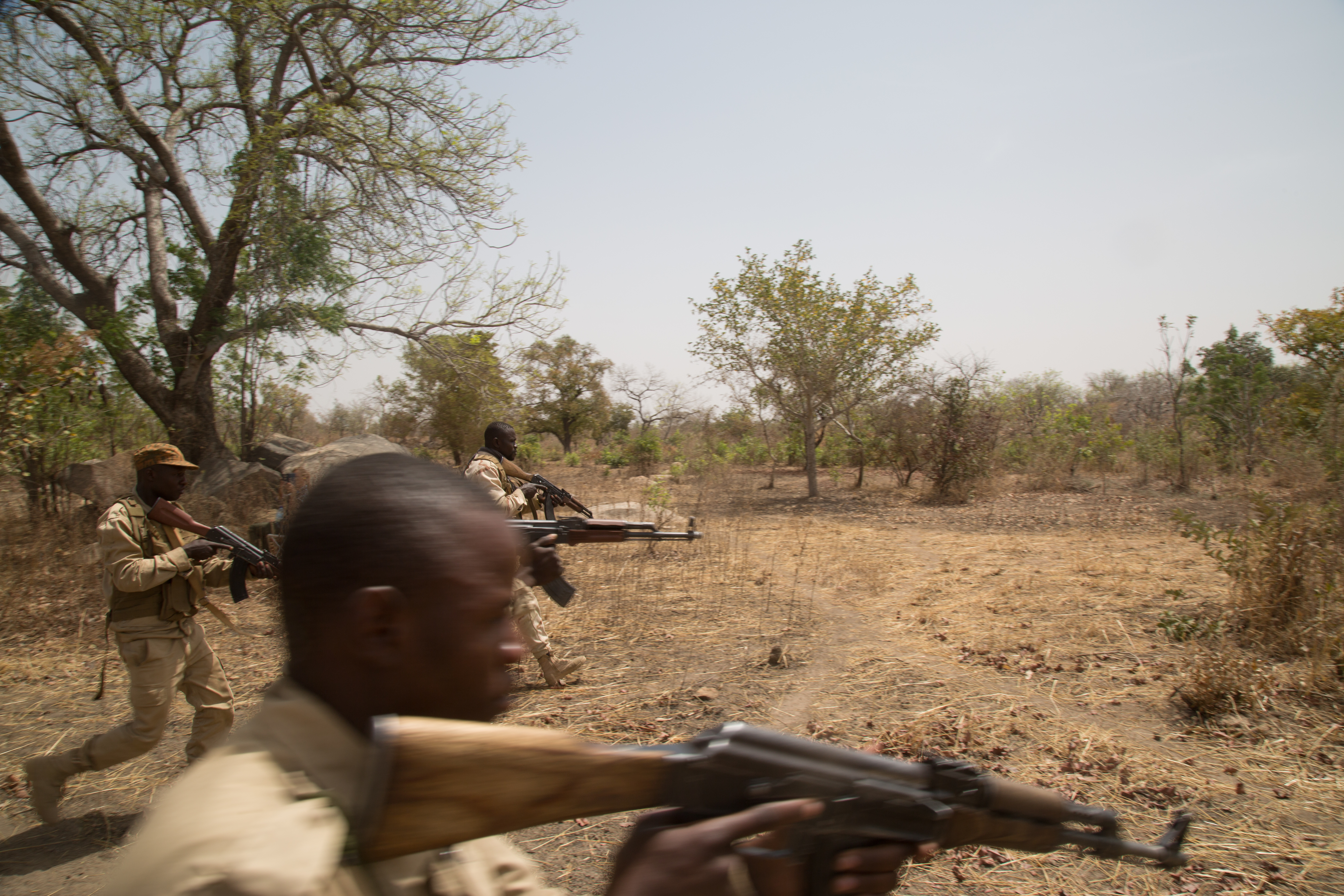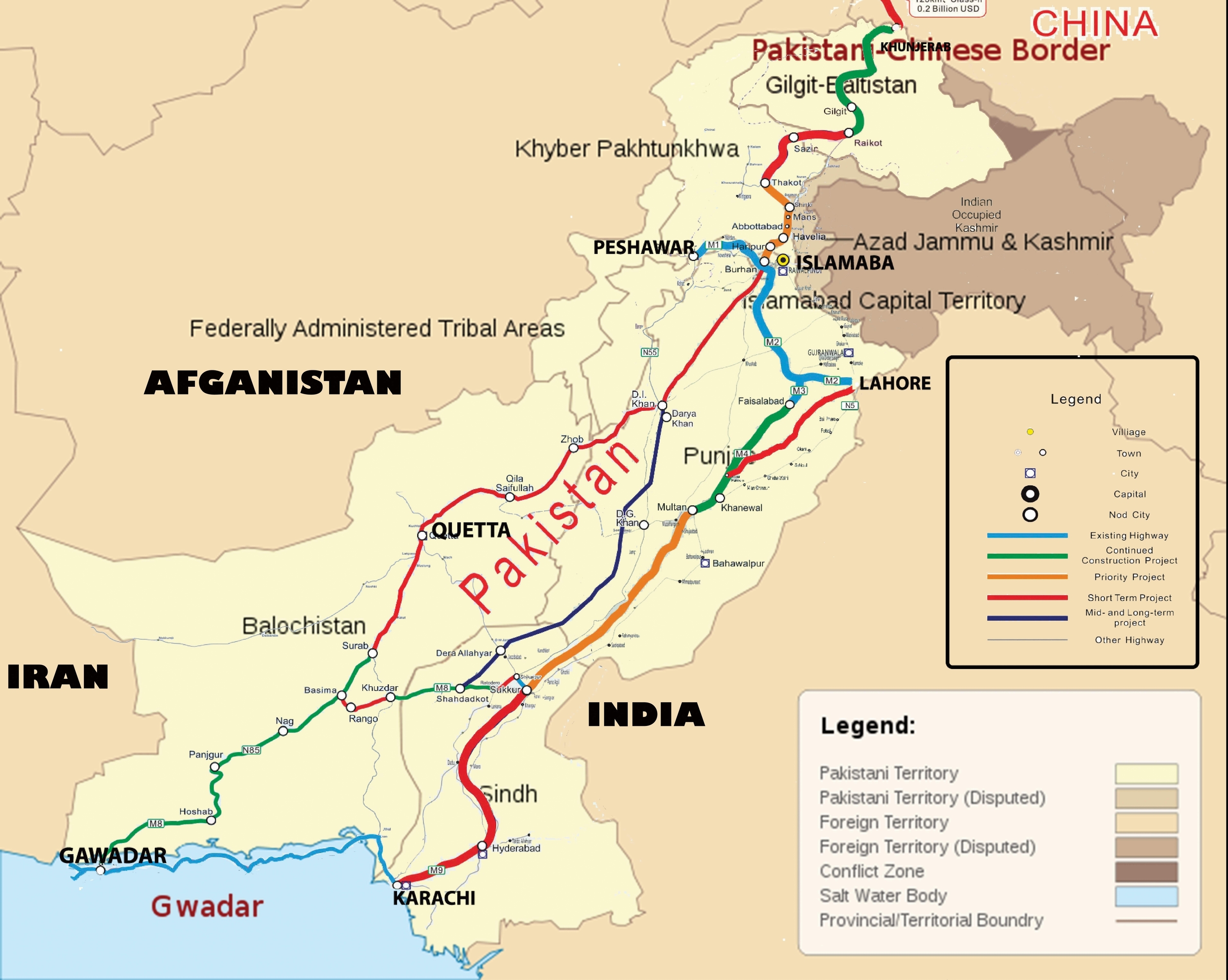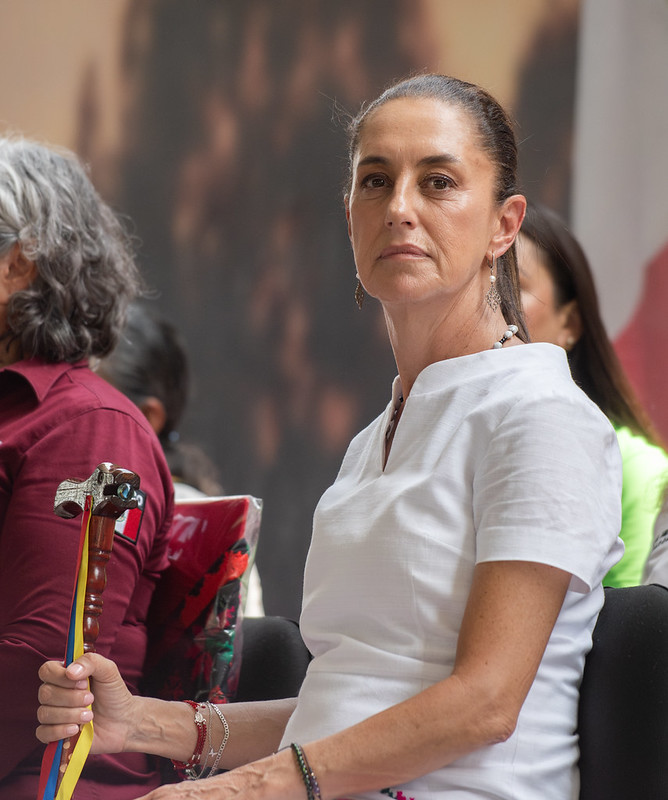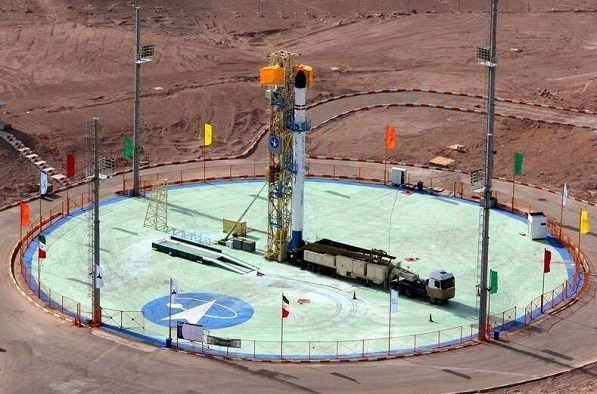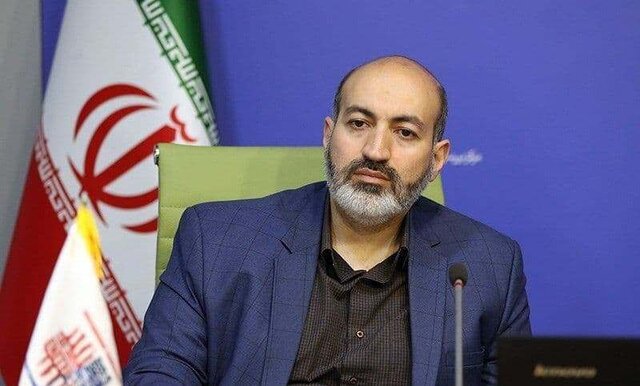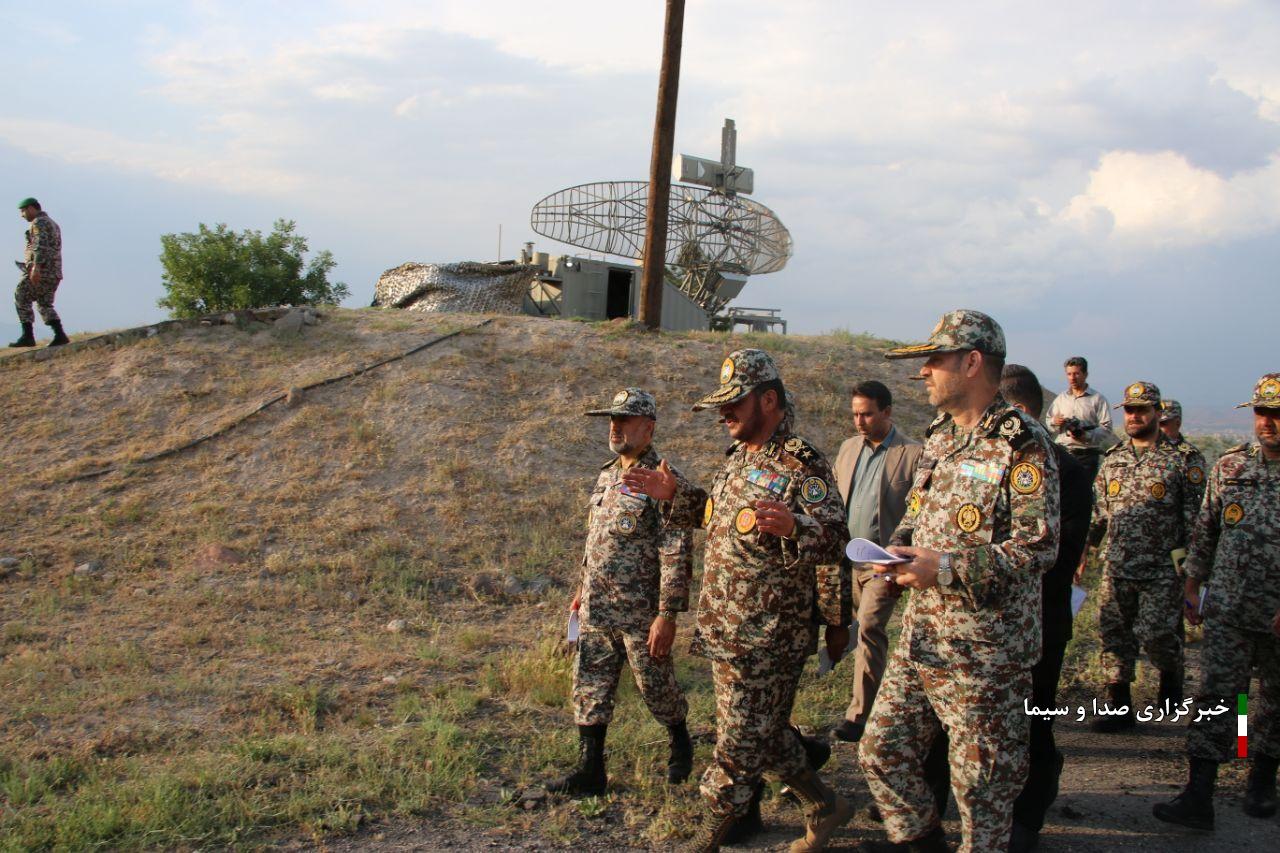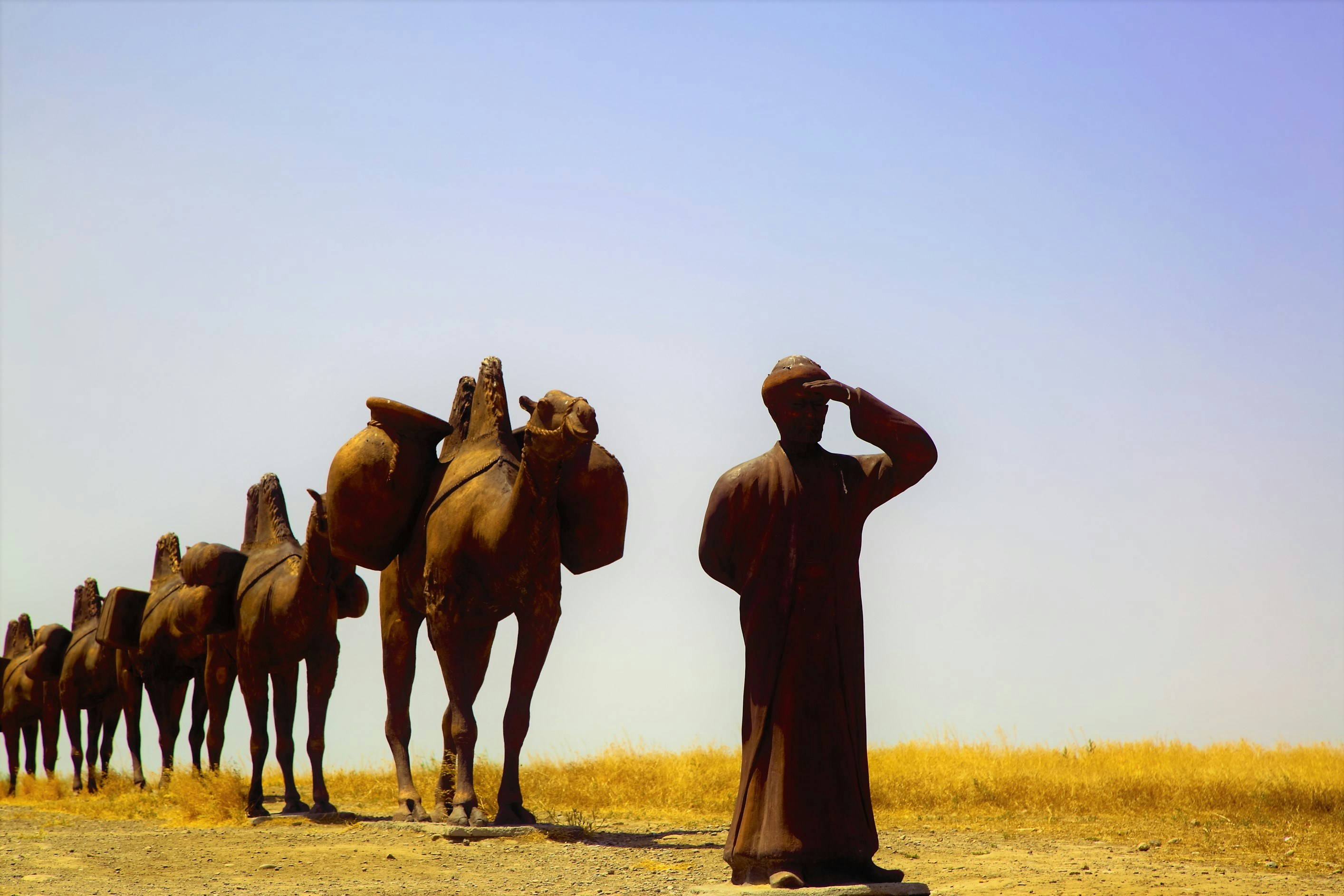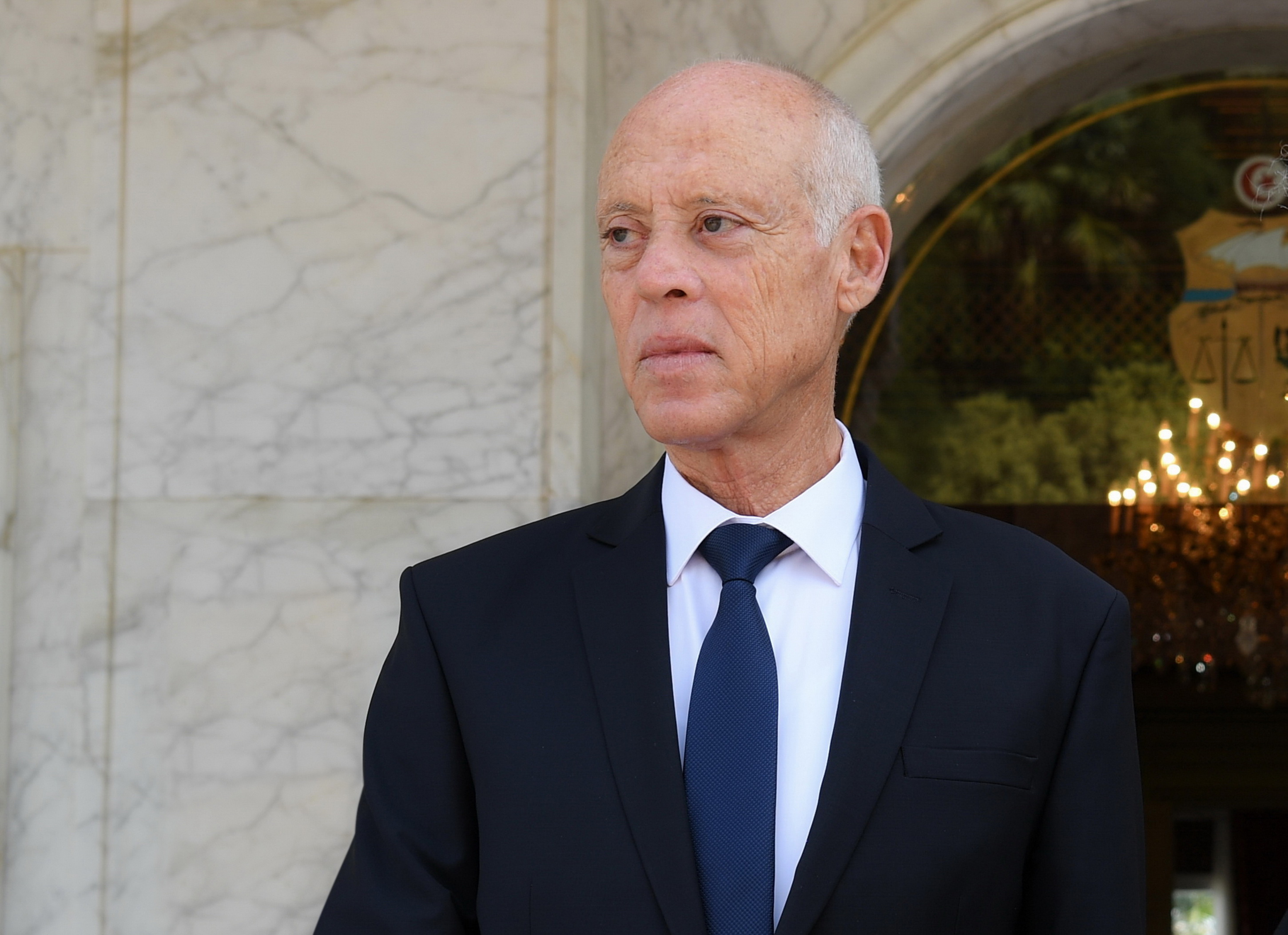
Tunisian President Kais Saied on Inauguration Day, 23 October 2019.
“Kais Saied is a ripe fruit waiting to fall into the hands of the Russians”
Summary: Recent rumors of Russian military cargo flights into Tunisia highlight President Kais Saied’s “eastward turn”— including toward China and Iran — and the potential erosion of Tunisia’s security partnership with the United States.
On 19 May, the Italian daily La Repubblica published a report claiming that Russia may be using a Tunisian airport to transport military equipment, raising questions about Moscow’s designs in the country. Russia exerts substantial military influence in both Libya and Algeria, Tunisia’s neighboring countries.[i] Tunisia, however, is a historical Western security partner in which Russia has traditionally had little to no military influence. The rumors of Russian activities in Tunisia may not amount to much, but they should nonetheless be taken seriously in light of evident Russian attempts to deepen its influence in Libya and the Sahel,[ii] along with Tunisian President Kais Saied’s seeming “eastward turn.”
The report suggests that entities linked to Russia’s Wagner Group had flown equipment and personnel into the international airport of Djerba, a southern Tunisian island popular with local travelers and European package tourists.[iii] There is no open-source evidence supporting claims of Russian military-related movements in Djerba, but speculation among Tunisians is nonetheless rife, as noted in the first accompanying excerpt, from the Qatari-aligned English-language daily al-Araby al-Jadeed. Theories on Russian activities in Djerba include that former Wagner personnel are vacationing in Djerba; that Russia is “transporting migrants to overwhelm Tunisia’s border crossing points”; or that the planes are transporting “personnel and crates of vodka for Russian soldiers on leave in Tunisia.” The Russian embassy was quick to ridicule claims of any military connection to these flights, as shown in the second accompanying excerpt, from the Russian Embassy in Libya’s Facebook page. The week after the publication on Russian flights to Djerba, President Saied flew to Tehran to attend Iranian President Ibrahim Raisi’s state funeral. The last time a Tunisian head of state visited Iran was 1965. The following week, Saied flew to Beijing to attend the China-Arab Cooperation Forum. While Saied’s recent engagement with Iran and China has been more overt than any gestures toward Russia, most analysts see these developments as part of a broader eastward turn in Saied’s foreign policy. Saied’s eastward turn, particularly toward China, as largely motivated by economics explains a Tunisian political activist cited in the third accompanying excerpt, from Qatar’s al-Jazeera. However, there are also ideological affinities between members of Saied’s inner circle and Iranian political leadership.[iv] This confluence of circumstances, according to a Tunisian researcher cited in the fourth accompanying excerpt, from the Kuwaiti daily al-Jarida, makes Saied’s Tunisia a “ripe fruit waiting to fall into the hands of the Russians.”
Sources:
“Tunisia: alleged Russian military activity in Djerba raises concerns,” The New Arab (Qatari-aligned daily), 24 May 2024, https://www.newarab.com/news/tunisia-alleged-russian-military-activity-raises-concerns
Theories on the suspicious events at Djerba airport have become a “culture de trottoir” in Tunisia for months. Some speculate it involves Wagner personnel, while others suggest it’s about vodka shipments. According to some Tunisian analysts, these aircraft are believed to be “cargo planes” and civilian “charters,” not the military aircraft mentioned by La Repubblica. Some sources claim that the aircraft transported Russians affiliated with the former security company Wagner (now “Africa Corps”), who came to rest on the island of Djerba. Others suggest they transported personnel and crates of vodka for Russian soldiers on leave in Tunisia. A far more speculative hypothesis suggests that some aircraft might be transporting migrants to overwhelm Tunisia’s border crossing points, thereby creating a crisis. Wagner’s presence in neighbouring Libya mainly fueled all these rumours… While rumours continue circulating, one thing may seem to be agreed on: Russian aircraft have been seen on Djerba Island. President Kais Saied, known for publicly addressing rumours targeting his country, has refrained from commenting on the situation at Djerba airport.
Russian Embassy in Libya, Facebook Page, 20 May 2024, https://www.facebook.com/RussEmbLib/posts/122143879226177351
Now the Italian “La Repubblica,” having clearly decided to keep up with the task of creating and replicating horror stories about “Wagner,” scares the inexperienced reader with the idea of Russian combat aircraft at the airport of the tourist island of Djerba in Tunisia, neighboring Libya. One can only envy their imagination. But as a reaction, we have to say: this is a lie and a fake. A complete lack of respect for the reader, whether in Italy or abroad.
توجه تونس شرقا.. خطة للانسلاخ من الغرب أم مناورة؟
“Tunisia’s eastward orientation… a plan to ditch the West or a maneuver?” al-Jazeera (Qatari news channel), 4 June 2024, https://www.aljazeera.net/politics/2024/6/4/%D8%AA%D9%88%D8%AC%D9%87-%D8%AA%D9%88%D9%86%D8%B3-%D8%B4%D8%B1%D9%82%D8%A7-%D8%AE%D8%B7%D8%A9-%D9%84%D9%84%D8%A7%D9%86%D8%B3%D9%84%D8%A7%D8%AE-%D9%85%D9%86-%D8%A7%D9%84%D8%BA%D8%B1%D8%A8
Political activist Ahmed Al-Kahlawi views the Tunisian-Chinese rapprochement as an important step taken by President Saied to revive historical relations with China, stressing that the Tunisian orientation towards the East was dictated by the economic difficulties that the country is experiencing as a result of dysfunctional cooperation to benefit the interests of Western powers. Al-Kahlawi told Al-Jazeera Net that President Saied chose to lead Tunisia to establish new partnerships with the East because he was certain that Tunisia would reap many economic and investment advantages, especially with China, the rising economic power, considering that Tunisia would achieve great growth that would free it from the hegemony of Western countries.
تونس بين التوجه شرقاً أو الحفاظ على حلفها مع الغرب
“Tunisia between an eastward turn and maintaining its alliance with the West,” al-Jarida (Kuwaiti daily), 30 May 2024, https://www.aljarida.com/article/64205For his part, Tunisian researcher at the Institute for Defense and Security Studies, Jalal Harchaoui, explained that in a context characterized by Russian penetration of the Sahel region and Libya, “Kais Saied is a ripe fruit waiting to fall into the hands of the Russians.”
Notes:
[i] See: Lucas Winter, “Russia Uses Diplomacy To Increase Military Influence In Libya,” OE Watch, 10-2023. https://fmso.tradoc.army.mil/2024/russia-uses-diplomacy-to-increase-military-influence-in-libya/; Lucas Winter, “Algeria Seeks Non-Alignment By Preserving Russia Ties While Welcoming NATO Overtures,” OE Watch, 03-2023. https://fmso.tradoc.army.mil/2023/algeria-seeks-non-alignment-by-preserving-russia-ties-while-welcoming-nato-overtures/; Lucas Winter, “Algerian Military Deepening Ties To Russia,” OE Watch, 09-2022. https://fmso.tradoc.army.mil/2022/algerian-military-deepening-ties-to-russia/
[ii] See: Lucas Winter, Jason Warner, and Amelia Cheatham. “Instruments of Russian Military Influence in Burkina Faso,” Foreign Military Studies Office M-DIME Report, January 2024, https://fmso.tradoc.army.mil/burkina-faso-russia-m-dime-report/; Lucas Winter, Jason Warner, and Amelia Cheatham. “Instruments of Chinese Military Influence in Burkina Faso,” Foreign Military Studies Office M-DIME Report, January 2024, https://fmso.tradoc.army.mil/burkina-faso-china-m-dime-report/; Lucas Winter, Jason Warner, and Christopher Betts. “Instruments of Russian Military Influence in Mali,” Foreign Military Studies Office M-DIME Report, June 2024, Lucas Winter, Jason Warner, and Christopher Betts. “Instruments of Chinee Military Influence in Mali,” Foreign Military Studies Office M-DIME Report, June 2024. https://fmso.tradoc.army.mil/mali-china-m-dime-report-2/
[iii] The La Repubblica article is unavailable without a subscription. It can be found at: https://www.repubblica.it/esteri/2024/05/19/news/aerei_militari_russi_tunisia_allarme_usa_migranti_saied_timori_governo_meloni-423030975
[iv] Per Le Monde, “certain circles surrounding Saied have long-standing links with the Islamic Republic,” in particular his brother Naoufel Saied. “Tunisia: Kais Saied’s inclination to turn to Iran,” Le Monde, 25 May 2024. https://www.lemonde.fr/en/le-monde-africa/article/2024/05/25/tunisia-kais-saied-s-inclination-to-turn-to-iran_6672647_124.html
Image Information:
Image: Tunisian President Kais Saied on Inauguration Day, 23 October 2019.
Source: https://commons.wikimedia.org/wiki/File:Kaïs_Saïd_2.jpg
Attribution: CCA-SA 4.0 Intl.

